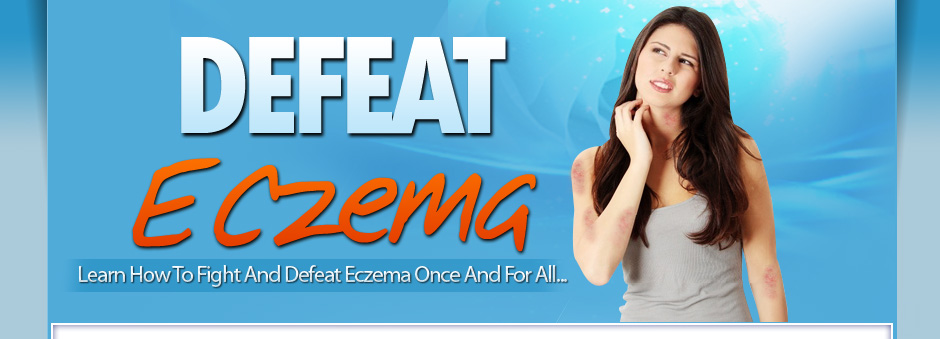Are you the parent of a child was has eczema? If so, get use to stares on the playground
and whispering from other parents.
Unfortunately, many people mistakenly believe eczema is a contagious
skin condition, but it is not. In fact,
you may need to start a discussion with other parents to stop the worry.
Are you the parent of a child was has eczema? If so, get use to stares on the playground
and whispering from other parents.
Unfortunately, many people mistakenly believe eczema is a contagious
skin condition, but it is not. In fact,
you may need to start a discussion with other parents to stop the worry.
It is your decision as to whether you want to wait
until other parents ask you about your child’s rash or if you want to start the
discussion yourself. Either way, continue reading on for a few helpful talking
points.
A great way to discuss your child’s eczema with
other parents is to share what you know.
Eczema is inflammation of the skin. Basically, your child’s skin is
irritated. Tell other parents that there
are many reasons for eczema, including the weather, airborne allergens, and
contact with certain chemicals. Close
contact with the skin results in itching, only your child can’t stop, so a rash
develops. As dangerous looking as that
rash may look, it is harmless to others.
Eczema is not contagious. In
fact, your child is at the most risk. If
they have an open wound that is left uncovered, the risk of infection
increases.
If you don’t want to go all medical on other
parents, compare eczema to traditional allergies. When most of us think of allergies, sneezing
and stuffy noses come to mind. These are
a body’s reaction to something it doesn’t like.
With eczema, the skin does the same.
Your child’s skin comes into contact with something it doesn’t like,
something that irritates the skin surface.
That is why your child feels the need to itch and scratch, resulting in
a rash.
The biggest concern that other parents have about
eczema is their children catching it.
Regardless of how you discuss eczema, ensure everyone knows it isn’t
contagious. In addition to comparing the
skin condition to allergies, compare it to a small cut on the skin. It is harmless to others. There is no reason why your child can’t be a
normal kid and play with others because they suffer from atopic dermatitis.
Taking to other parents about eczema will help in
social situations, but it won’t cure your child’s eczema. Do to that, always be on the lookout for
trigger factors. In the meantime, use
all-natural relief methods, such as moisturizer and skin healthy foods, to help
your child seek relief.
Finding a cure for your child’s eczema may seem
like a winless battle, but there is good news.
Research has shown that all-natural treatment systems, such as Eczema
Free Forever, are successful at stopping eczema outbreaks. You can learn more at EczemaFreeForever

+ad4.jpg)
+ad3.jpg)